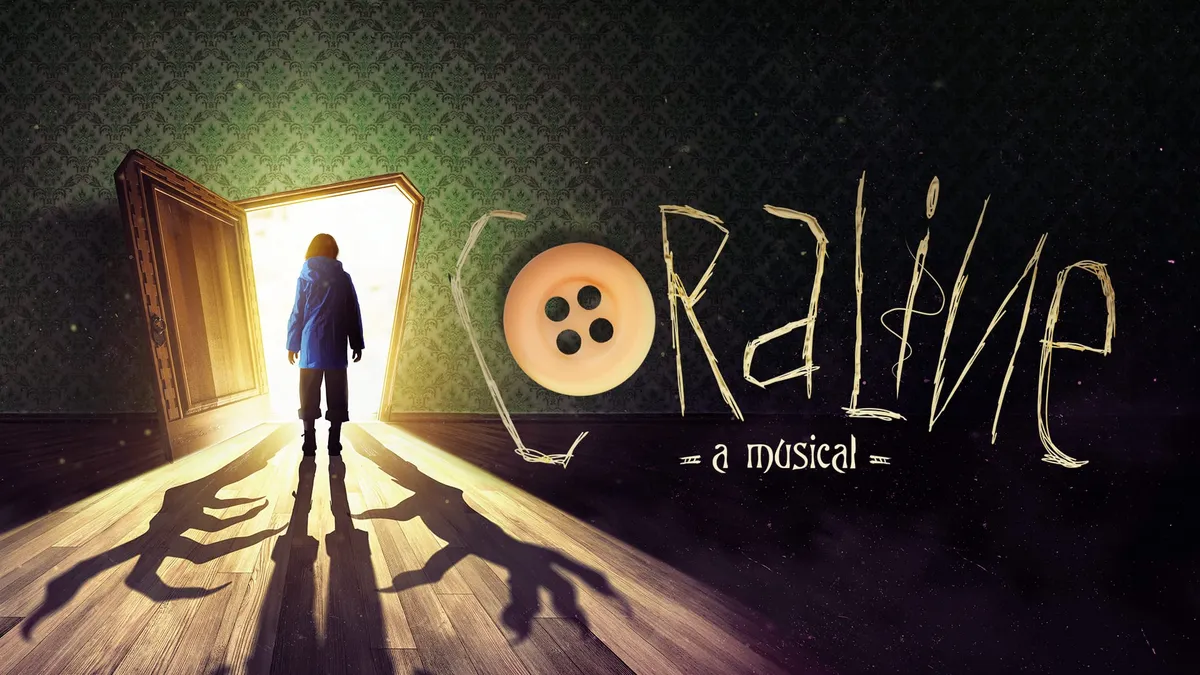Coraline Cancellation - What do we do with Great Art by Bad People?

It has just been announced that Leeds Playhouse is cancelling its anticipated musical adaptation of Neil Gaiman's "Coraline" following multiple allegations of sexual misconduct against the author. The decision was made in collaboration with co-production partners, including the Royal Lyceum Theatre Edinburgh, Birmingham Rep, and HOME Manchester. In a joint statement, they expressed that continuing with the production would be "impossible in the context of the allegations against its original author."
This incident is not isolated; in recent years, several theatrical productions have been canceled due to controversies surrounding their creators. For instance, in 2020, the Royal Ballet cut ties with choreographer Liam Scarlett and his ballet "Frankenstein" was subsequently cancelled at the Royal Danish Ballet in 2021 after the choreographer faced allegations of sexual misconduct. Such actions reflect a broader trend in the arts community, grappling with the complex question: Should we continue to engage with art created by individuals accused of unethical behavior?
Claire Dederer's book, "Monsters: What Do We Do with Great Art by Bad People?", delves into this dilemma. Dederer examines the tension between appreciating artistic masterpieces and acknowledging the moral failings of their creators. She questions whether it's possible—or even appropriate—to separate the art from the artist, especially when the artist's actions are reprehensible.
Arguments for Continuing to Engage with the Art:
Art's Autonomy: Once created, art can take on a life of its own, independent of its creator's personal actions. Appreciating a work doesn't necessarily equate to endorsing the artist's behavior.
Cultural and Historical Significance: Many works have profound cultural, historical, or aesthetic value. Disregarding them due to the creator's misconduct might lead to a loss of important cultural heritage.
Audience Interpretation: Art is often interpreted subjectively. Viewers can derive personal meaning from a work, separate from the artist's intentions or personal life.
Arguments Against Engaging with the Art:
Implicit Endorsement: Supporting or showcasing an artist's work can be seen as condoning or overlooking their misconduct, potentially minimising the severity of their actions.
Victim Sensitivity: Continuing to celebrate an artist's work can be distressing for victims, signaling that the artist's contributions are valued over the harm they've caused.
Ethical Consumption: Audiences have a moral responsibility to consider the ethics of the content they consume and support, which includes acknowledging the behavior of creators.
The cancellation of "Coraline" at Leeds Playhouse underscores the ongoing struggle within the arts community to balance artistic appreciation with ethical considerations. As society continues to confront these issues, institutions and audiences alike must navigate the complex interplay between valuing art and upholding moral integrity. I know this particular piece has been a long time in the making, so I am sure the creatives have considered and addressed all these factors in detail.